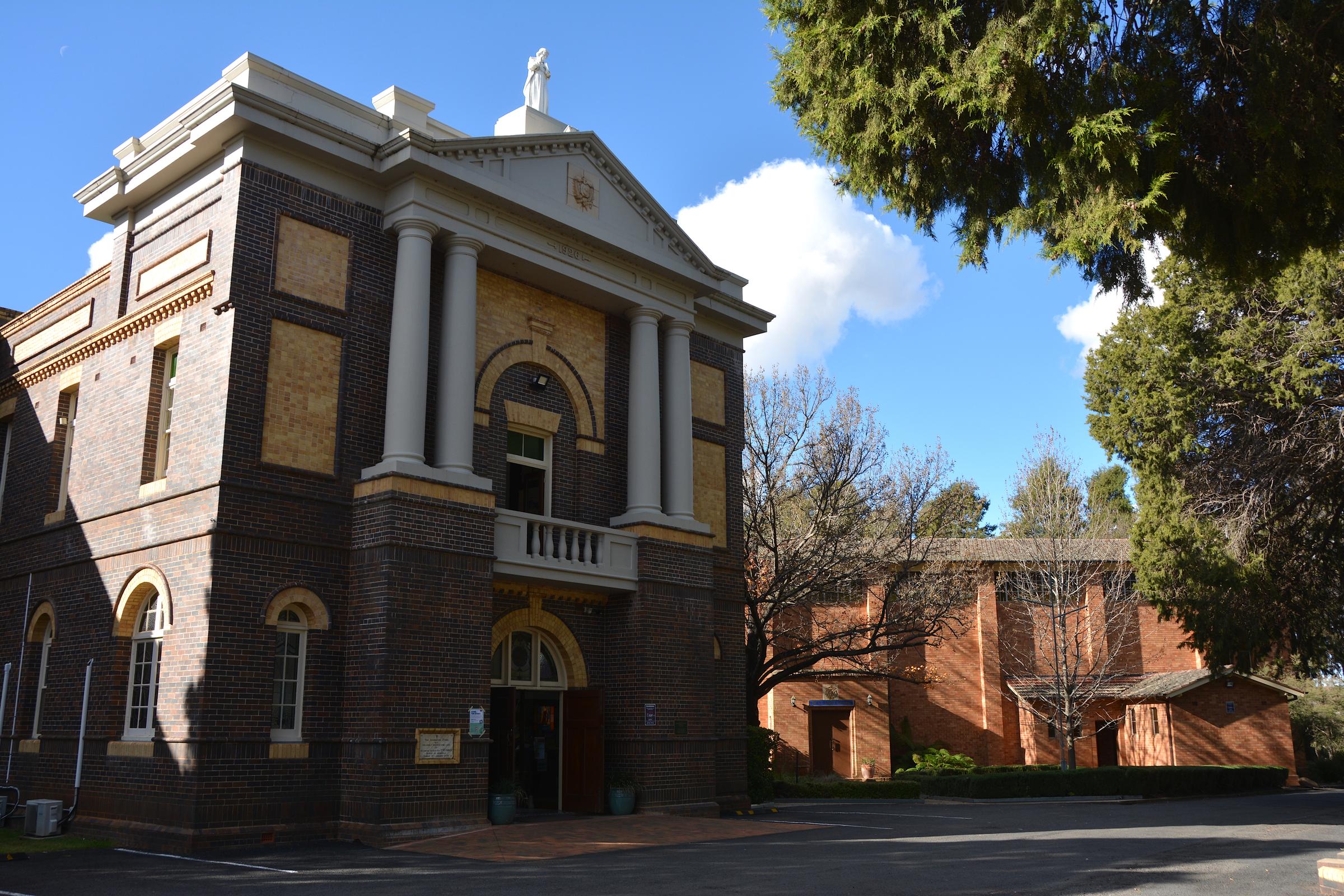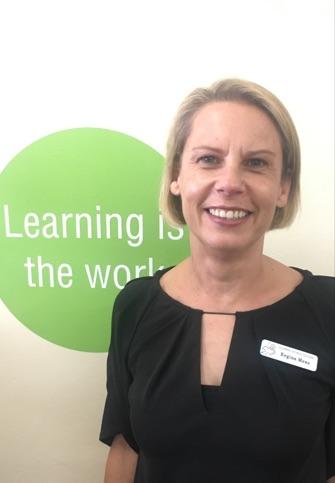Principal's Report

Dear Parents and Carers,
The COVID Pandemic has not only affected life as we know it, but for the vast majority of people it has affected our wellbeing. Our baseline level is heightened and for some, small issues become larger than normal. We have noticed that some of our students are struggling with the demands of school, socially and academically during this time. Without the significant events, like camps, sporting events, eisteddfods and musicals, there can be the feeling of ‘nothing to look forward to’. We continue to monitor students and provide appropriate support.
For many students, mental health issues are affecting their lives: they could be suffering from it, their friend might be or a family member. We work hard at O’Connor to help students with this using a range of community support networks. It is important that we support all students who experience mental health illnesses and, together, students, parents and teachers work to help each other with these illnesses. The following quote from Elyn Saks is particularly relevant:
‘No one would ever say that someone with a broken arm or a broken leg is less than a whole person, but people say that or imply that all the time about people with mental illness’.
Our Pastoral Academic Care (PAC) Program is based on positive psychology and aims to build students wellbeing and resilience. Every week we have a different PAC focus that works to develop key character strengths and presents information in regards to building resilience. This helps many students to identify key areas of strength and areas for development in building a strong sense of self and resilience. By approaching mental health in a proactive way, we hope to help students overcome many of the trials they face as teenagers.
Below are some of the ways mental illness might present and an explanation of some of the links and myths associated with these illnesses. This information has been adapted from a workshop presented by Darren Moss, our former School Counsellor.
Anxiety can affect many people. It is more than just worry and people can’t just ‘get over it’. It is an over activation of the sympathetic nervous system and can present as irrational thoughts about an uncertain outcome, event or threat, an inability to think properly and/or physiological responses such as shaking, sweating, loss of concentration and/or stomach aches.
How can we manage anxiety?
- The Brave Program https://brave4you.psy.uq.edu.au/#
- Progressive muscle relaxation
- Distraction
- Deep breathing
- Try not to engage in logical discussion if they are in a panic or highly distressed
- Referral for counselling
Depression can be a debilitating disease and is not just a normal feeling of being sad or down. It can present as poor concentration, emotionally expressive or withdrawing, anger, decreased self-esteem and feelings of self-worth, irritability, negative perceptions of a student's past and present and/or a lack of interest and involvement in previously enjoyed activities. Many of these are also normal emotions of a teenager so it can be hard to diagnose. Depression can affect sleeping patterns, diet/weight and result in missing school and poor relationships.
All students, parents and staff can access support for managing these, and other mental health issues, through Centacare. Emily Fraser (our counsellor from Centacare) is at O’Connor three days a week. The referral process is easy and the forms can be accessed by contacting the school office. Centacare also offers many programs, such as ‘Surviving your Adolescents’, which can be accessed through their website http://centacarenenw.com.au/. If you or a family member are in need of support, please do not hesitate to contact us. Contact details for other support networks are:
Lifeline Australia phone 13 11 14
Kids Helpline phone 1800 551800 or webchat https://kidshelpline.com.au/teens/
Beyond Blue phone 1300 22 4636
Or your GP or the emergency department of the hospital.
Satisfaction Surveys
Satisfaction surveys of parents, students and staff will be conducted on behalf of all Catholic schools in the Diocese this term. The surveys are designed to gather feedback from parents, staff and students about our school and will be used to inform school improvement. Responses are confidential and individuals can not be identified. The survey link has been circulated via email using the email addresses supplied to the school.
What new learning will you undertake this week?
Regina Menz

